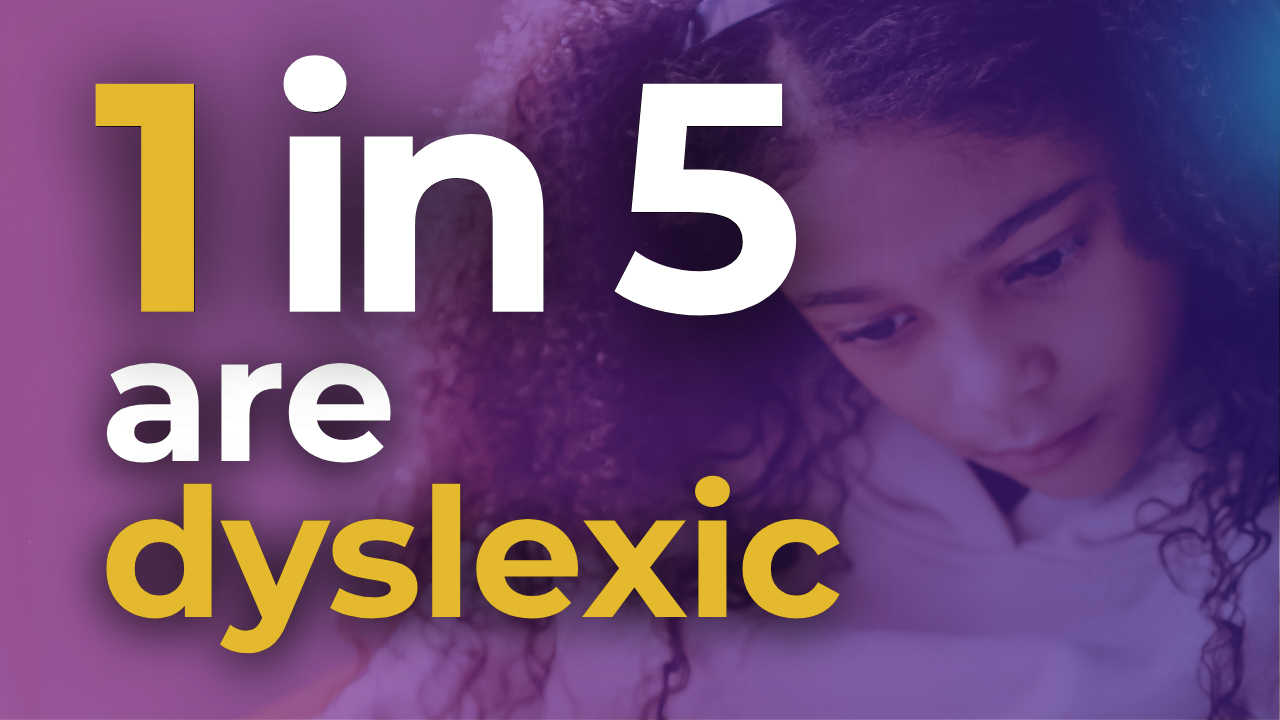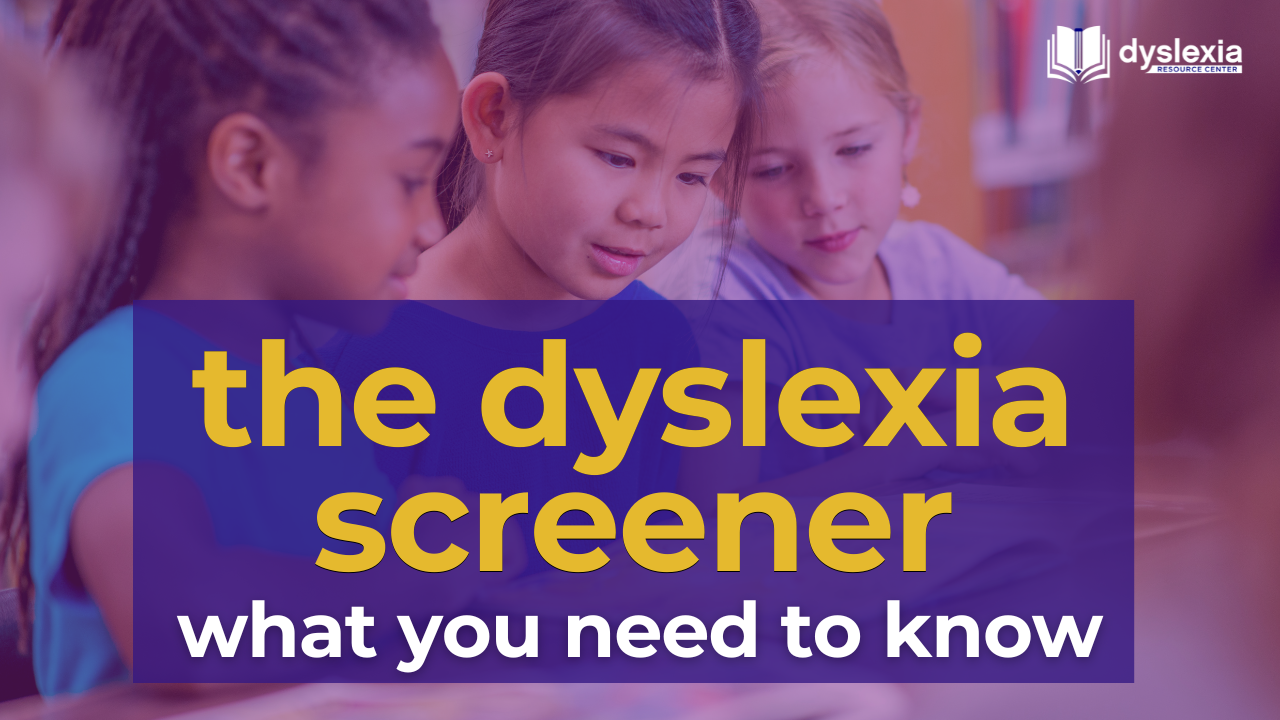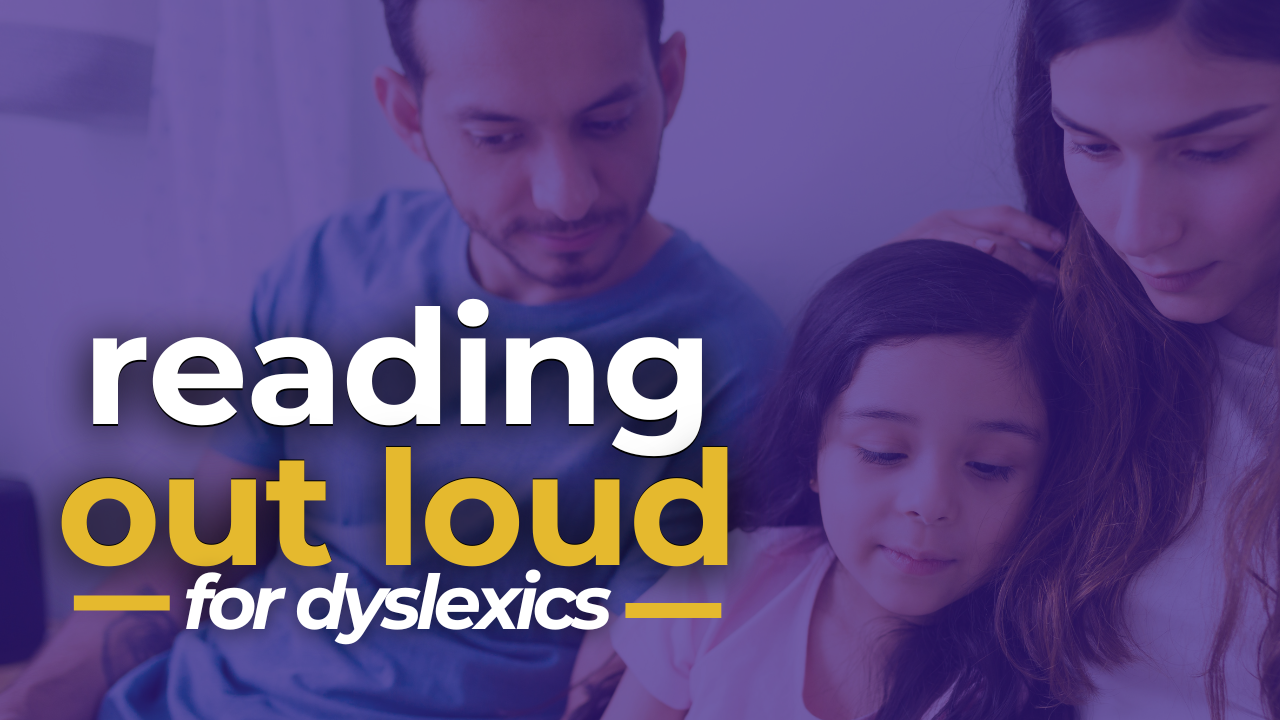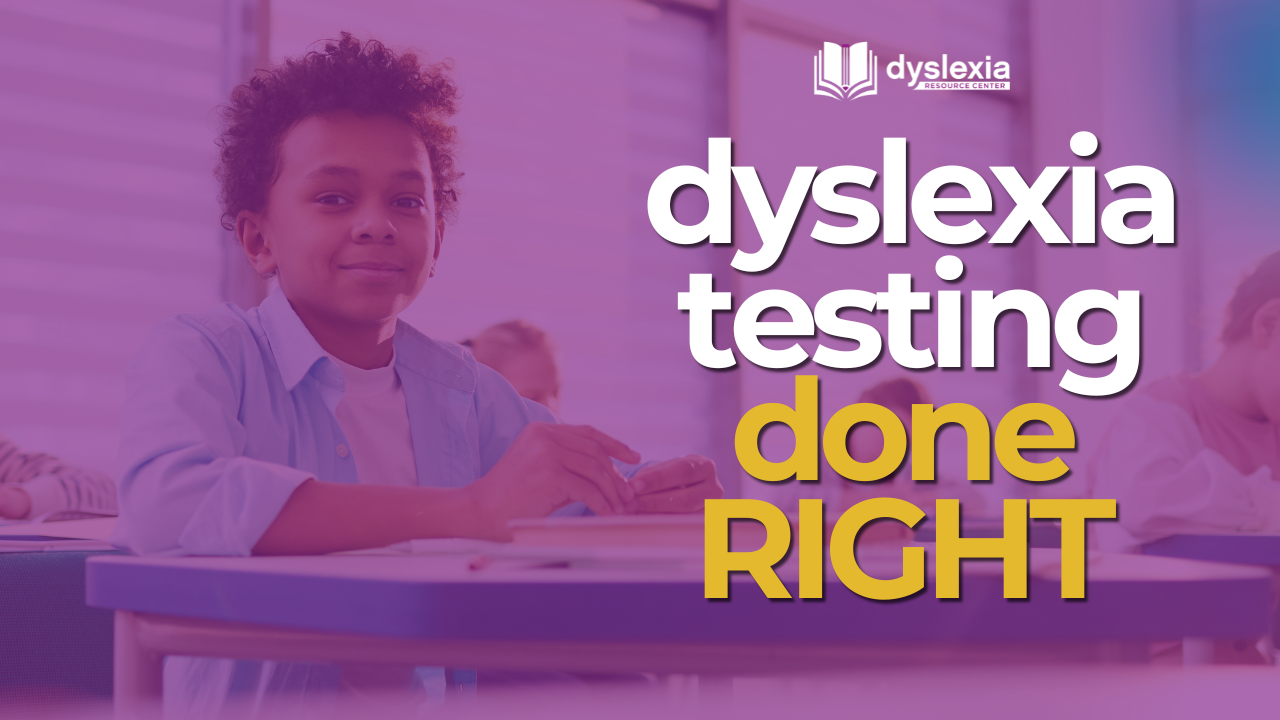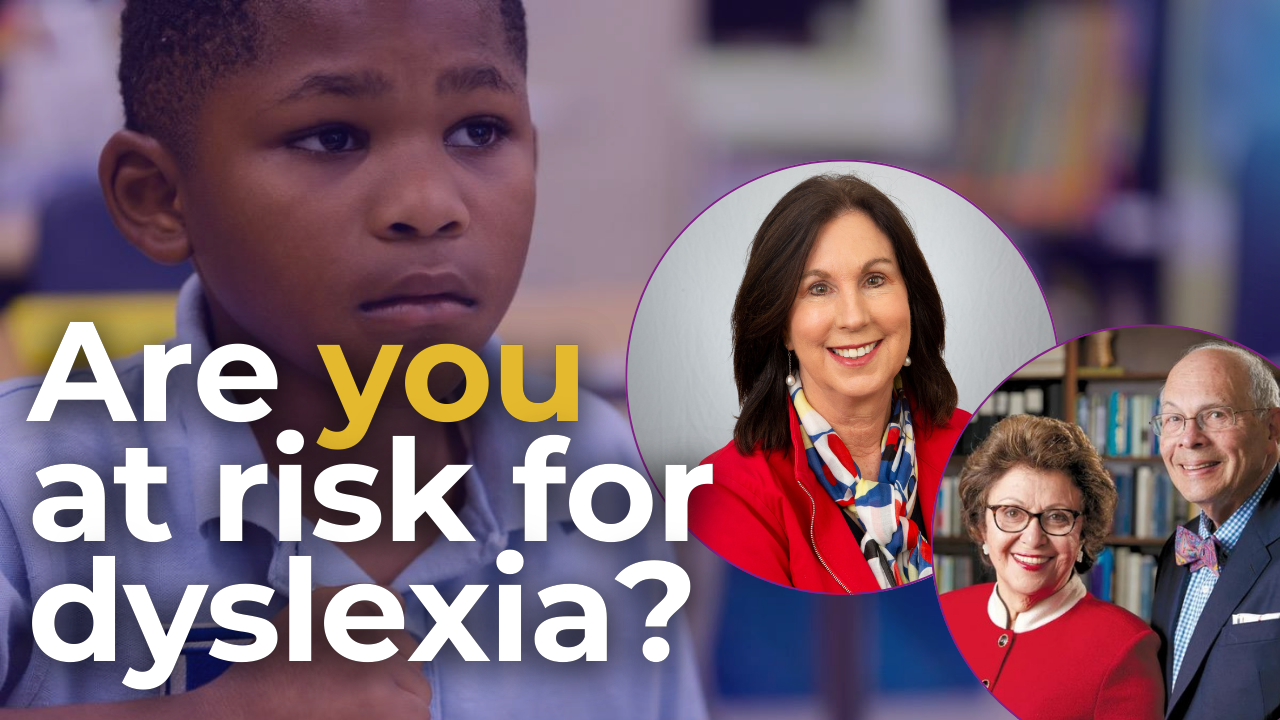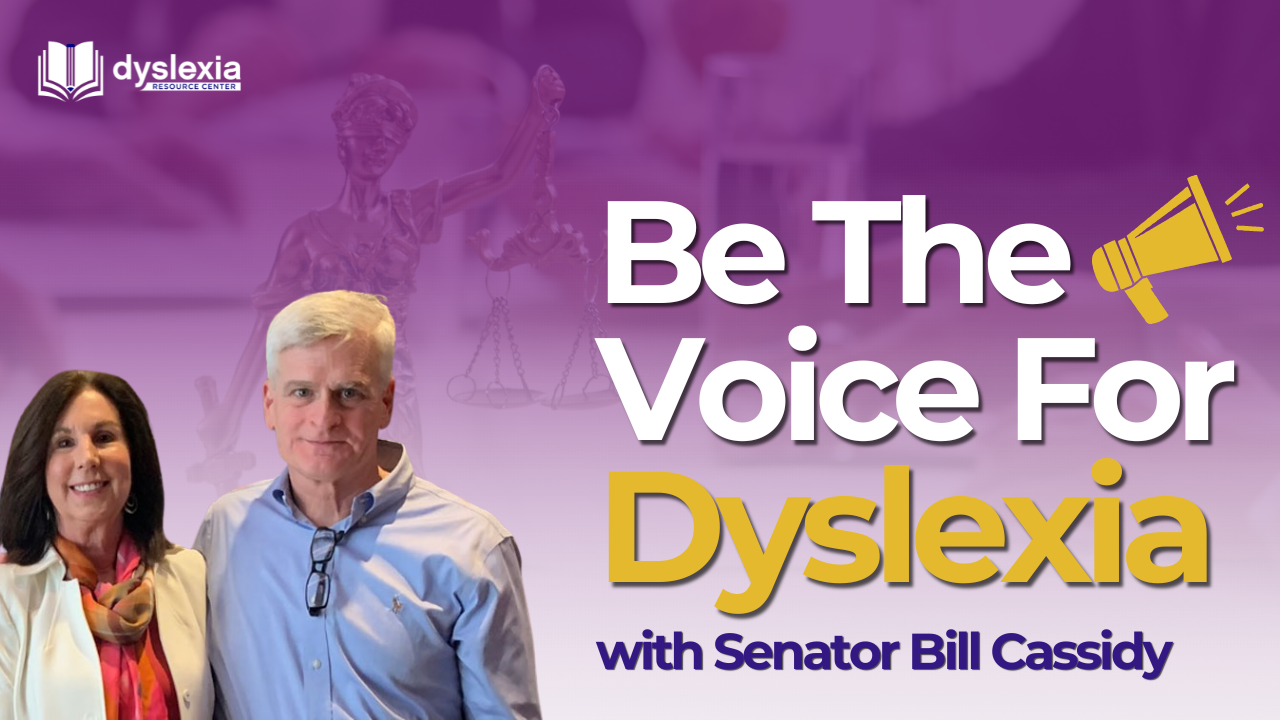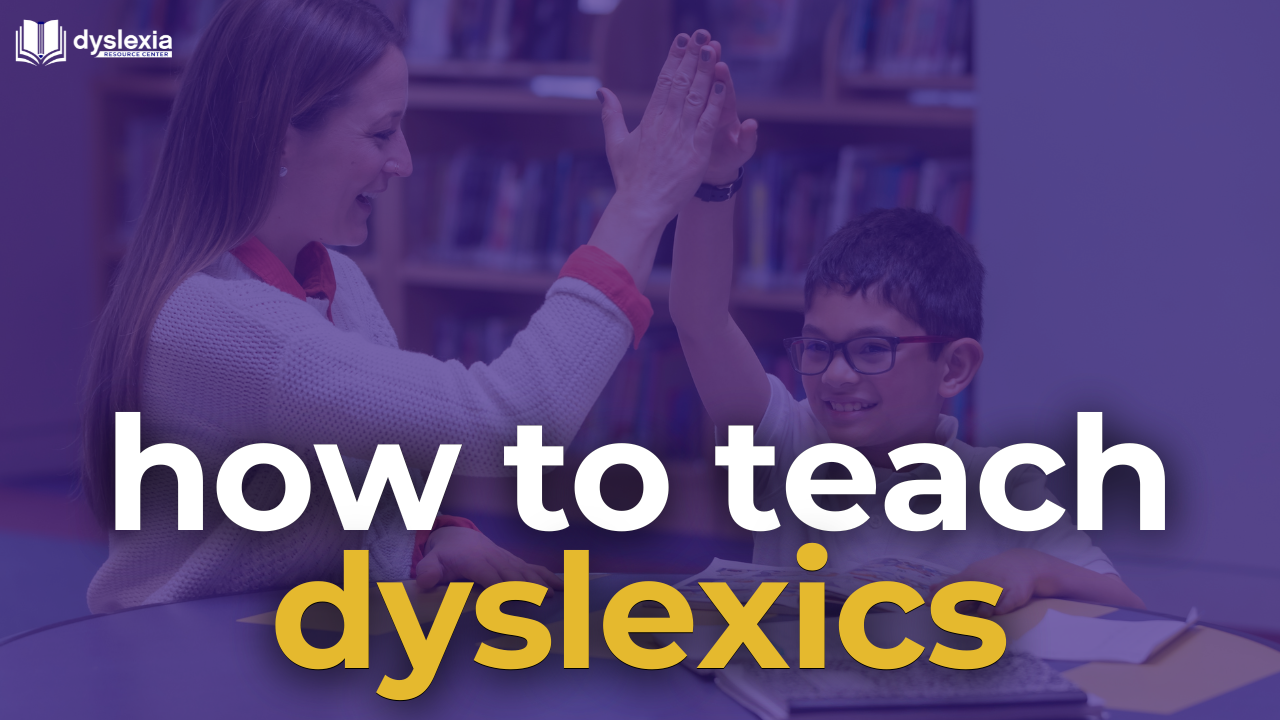Does Reading Matter?
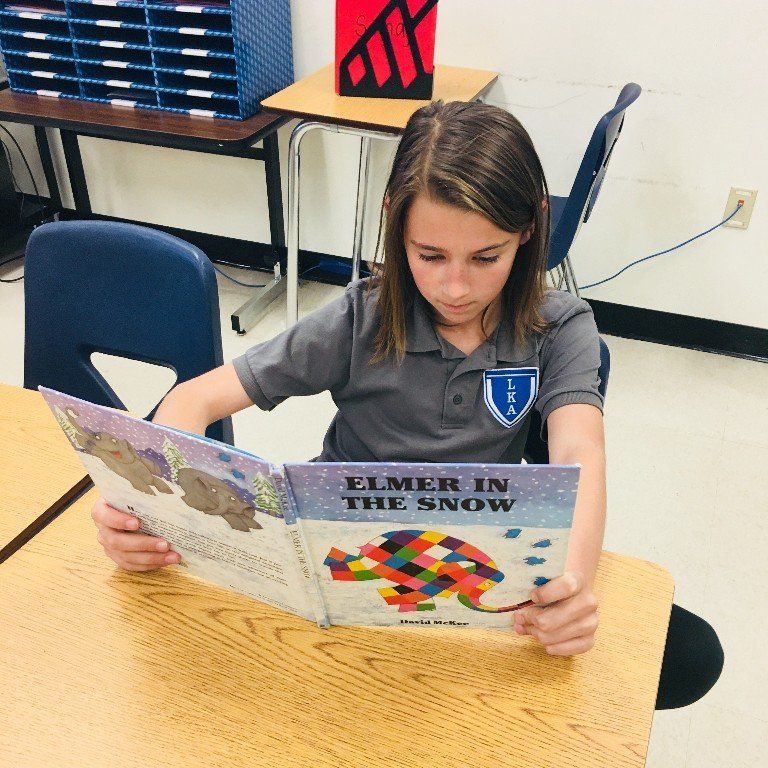
The charter school movement was a reaction to “failing schools”. Policy makers realized that all children did not have equal opportunities often depending on their zip code. Many children were not graduating from high school and others simply were not “career ready”. Charter schools and school choice were to be sledge hammers to the education system but the vast bureaucracy still stands despite ESSA sending power “back” to the states. It maybe that the states need time as they are used to DC dictating policy or maybe the bureaucracy behemoth needs a bigger blast.
Jeb Bush and Ann Duplessis point out in the article, Only a Revolution in Educational Opportunity, will Fulfill Martin Luther King Jr.’s Dream of Justice and Equality, all is not perfect. They state that “Just 37% of today’s students will leave high school ready for college coursework or a good job. And nearly half of our African American and Hispanic fourth-graders are not even reading at a basic level.”
I believe that the fundamentals of both traditional and charter schools should be questioned in response to the NAEP scores.
Again, 50% of Hispanic and African American children cannot read at Basic on the NAEP (Nation’s Report Card) in the 4th grade. The NAEP is given to 4th, 8th and 12th graders that are randomly chosen. They are tested in reading and math as well as other subjects as a “sampling procedure” to assess children across the U.S.
The yearly accountability system on the other hand has its focus on standardized tests developed for fluent readers and are given yearly in 3rd through 8th grade and then at different times in high school.
The current system, depending on what side you are on, blames the teachers or lack of money for children not reading on a basic level and some put more validity in the standardized tests over the NAEP.
The metrics of accountability/standardized tests must be accurate measurements of performance. Can one test be an accurate measure of accountability? The underlying supposition is that if student scores on standardized tests do not progress, incentives or disincentives will encourage educators to improve teaching or the school will change how they educate their children.
There is no science that says the classroom is a homogeneous group of learners that would guarantee excellent teaching leads to results that can be replicated across the board.
I believe that many of those children that read below basic are dyslexic. fMRI’s show us that dyslexics, who are 20 % of the population, read using an inefficient part of the brain presenting as an unexpected reading difficulty. Smart children, slow readers. We also know that the achievement gap between those with dyslexia and nondyslexics is there in the 1st grade but the NAEP doesn’t start until the 4th grade and the standardized tests in 3rd grade.
Dyslexics, if identified, can get 504 accommodations for standardized testing which includes that the test is “read aloud” to them. For a dyslexic child, the “read aloud” on a standardized test does not assess reading instruction which is so crucial for a dyslexic child. The NAEP does not allow “read aloud” for the reading test except for the instructions. Should we hold schools accountable for teaching dyslexic children to read or to pass a standardized test that is read to them? And if reading is not important, is only acquired oral information important? Does this acquired information hold more promise for a dyslexic than the ability to read connected text? Will a child that cannot read have the confidence, self esteem, and skills to graduate from high school, college, and get a job?
The bureaucracy of education has made change slow. Universal screening for dyslexia in K and 1st grade so children can be identified as dyslexic (80 to 90 % of learning disabilities) is the first step. Inclusion for inclusion’s sake is wrong. Children with dyslexia should get the instruction they need and not be held hostage in a class with non-dyslexics that are already reading.
